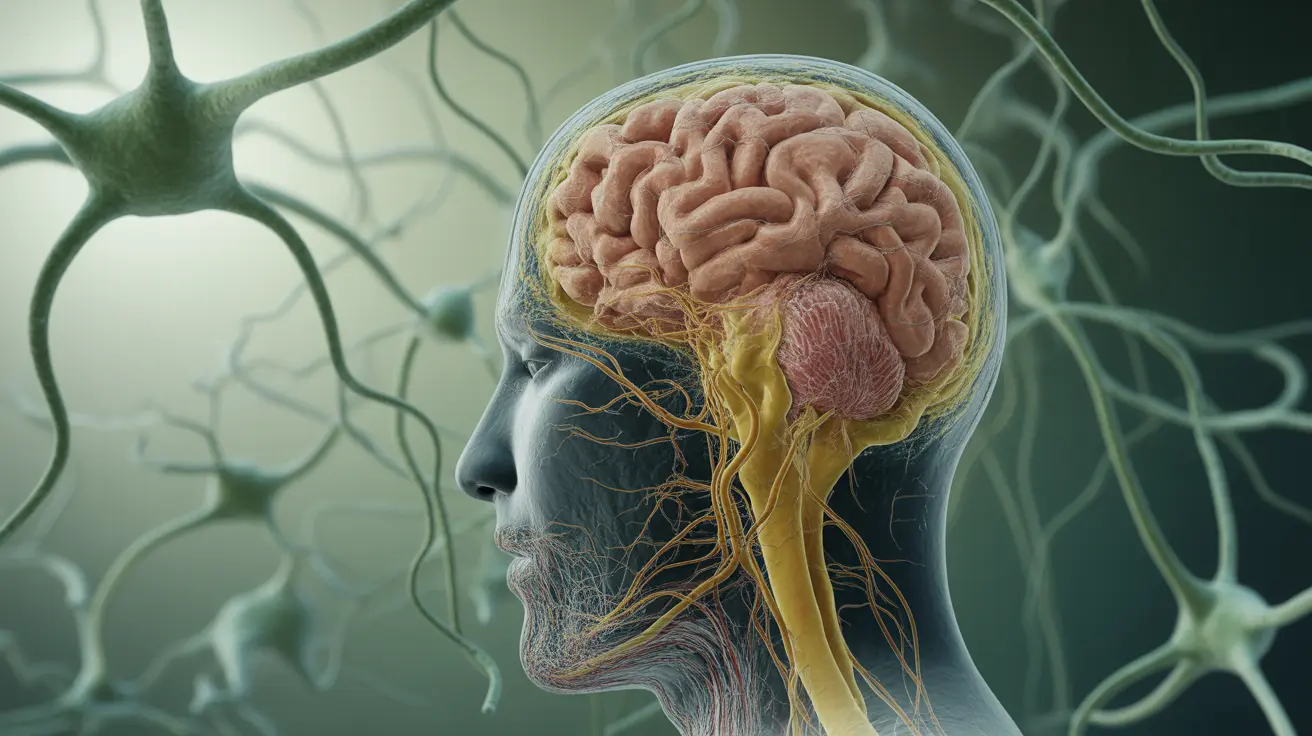MOG antibody disease (MOGAD) is a rare autoimmune condition that affects the central nervous system. Understanding the life expectancy and long-term prognosis of this condition is crucial for patients and their families. While MOGAD can present significant challenges, with proper management and treatment, many patients can maintain a good quality of life.
What is MOG Antibody Disease?
MOG antibody disease occurs when the immune system produces antibodies that mistakenly attack myelin oligodendrocyte glycoprotein (MOG), a protein essential for maintaining healthy myelin in the nervous system. This autoimmune response can lead to inflammation and damage in various parts of the central nervous system, including the optic nerves, spinal cord, and brain.
Life Expectancy and Prognosis
The good news is that MOG antibody disease typically does not significantly reduce life expectancy when properly managed. Most patients can expect a normal lifespan, though the quality of life may be affected by relapses and symptoms. The key factor in maintaining good health outcomes is early diagnosis and appropriate treatment.
Factors Affecting Long-term Outlook
Several factors can influence the long-term prognosis of MOGAD:
- Time to diagnosis and treatment initiation
- Frequency and severity of relapses
- Response to immunotherapy
- Presence of residual symptoms between attacks
- Overall health status and lifestyle factors
Disease Course and Relapse Patterns
MOGAD typically follows a relapsing-remitting pattern, with periods of acute attacks followed by recovery phases. The frequency and severity of relapses can vary significantly among individuals. Some patients may experience frequent relapses, while others may have long periods of remission.
Treatment Approaches
Acute Attack Management
During acute attacks, treatment typically includes:
- High-dose corticosteroids
- Plasma exchange therapy in severe cases
- Intravenous immunoglobulin therapy
- Supportive care measures
Long-term Management Strategies
Long-term treatment focuses on preventing relapses and may include:
- Immunosuppressive medications
- Regular monitoring of antibody levels
- Preventive therapies
- Lifestyle modifications
- Regular follow-up with healthcare providers
Living with MOGAD
While MOGAD presents challenges, many patients can maintain active and fulfilling lives with proper medical care and support. Regular exercise, stress management, and a healthy diet can complement medical treatments and help maintain overall well-being.
Frequently Asked Questions
What is the typical life expectancy for someone diagnosed with MOG antibody disease (MOGAD)? Most patients with MOGAD can expect a normal life expectancy when receiving appropriate treatment and management. The condition itself rarely affects lifespan directly.
How does MOG antibody disease affect relapse risk and long-term disability? The risk of relapses varies among individuals. Some patients may experience frequent attacks, while others have long periods of remission. Early treatment and proper management can help reduce the risk of long-term disability.
What treatments are available to manage MOGAD and prevent disease relapses? Treatment options include acute attack management with corticosteroids, plasma exchange, and immunoglobulin therapy. Long-term management typically involves immunosuppressive medications and regular monitoring.
What are the common symptoms of MOG antibody disease and how are acute attacks treated? Common symptoms include vision problems, weakness, numbness, and balance issues. Acute attacks are typically treated with high-dose corticosteroids and, in some cases, plasma exchange or immunoglobulin therapy.
Can long-term immunosuppressive therapy impact life expectancy or cause serious complications in MOGAD patients? While long-term immunosuppressive therapy requires careful monitoring, most patients tolerate these treatments well. Regular medical supervision helps minimize potential complications while effectively managing the disease.




